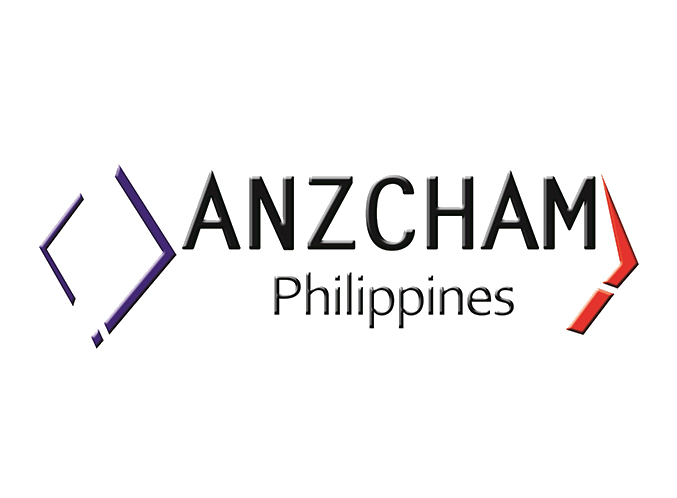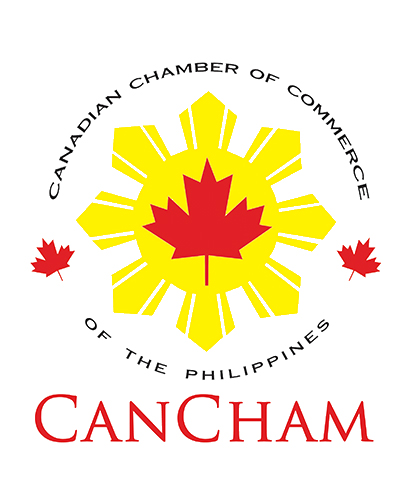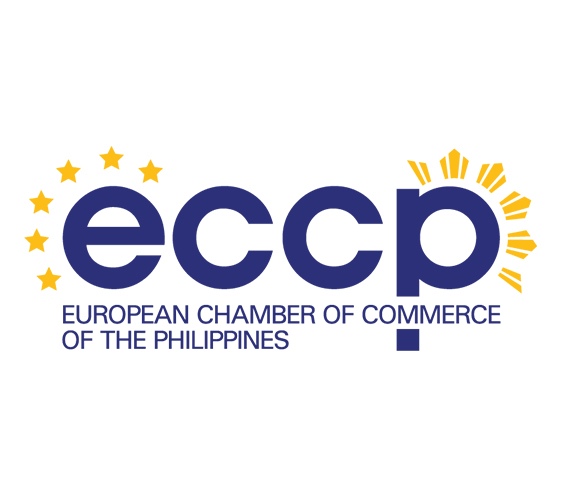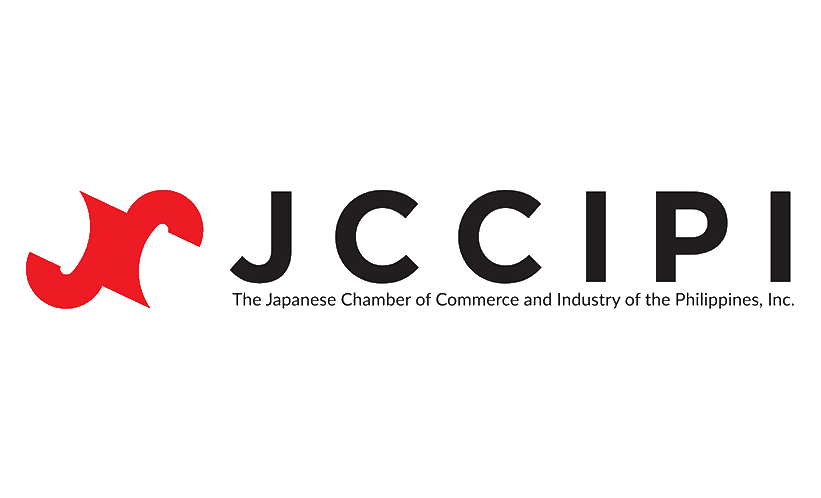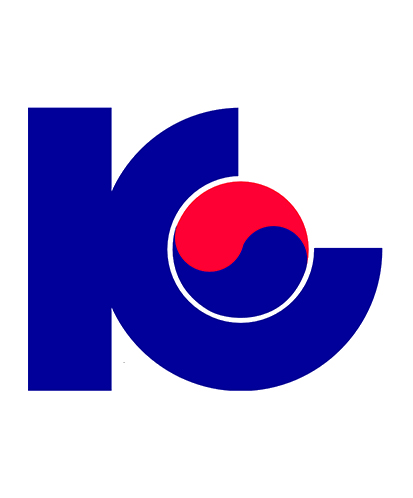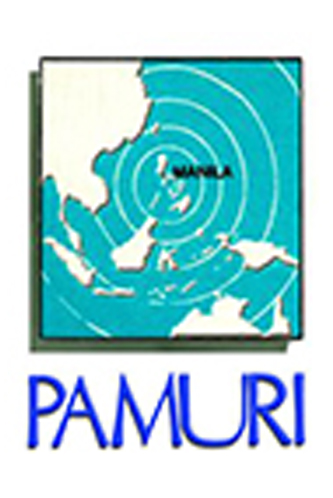[EDITORIAL] ‘Uncompetitive’ PHL
June 6, 2019 at 14:40
‘Uncompetitive’ PHL
BusinessMirror | June 5, 2019
Colgate-Palmolive Philippines Inc. shuttered its manufacturing operations and moved out of the country in 2008. The multinational firm cited the lack of infrastructure and the high cost of water and electricity as some of the factors behind its decision to transfer the production of hair-care and home-care products to Malaysia and Thailand. While company officials cited in a 2016 report the growth numbers notched by the Philippines in recent years, they urged the government to address constraints to competitiveness.
A decade after Colgate-Palmolive shut down its Philippine production facility, Manila has yet to address the complaints of the multinational company. This seeming apathy to the concerns of local and foreign businesses is affecting the country’s ability to attract more investors, particularly at a time when opportunities are ripe. The trade war between the United States and China has been forcing companies to rethink their operations in the Asian giant due to high tariffs. But the Philippines, despite being relatively insulated from the impact of the trade war, will hardly benefit from possible relocations.
The Philippines, according to a trade expert, will have a difficult time attracting investors fleeing the ill effects of the US-China showdown (See, ‘“PHL not a priority for trade-row victims,’” in the BusinessMirror, June 3, 2019). While affected firms may relocate to Southeast Asia, Hinrich Foundation Research Fellow Stephen Olson said they will likely go to Vietnam or Malaysia. The two Asean members will gain from the US-China trade war as they have better information-technology infrastructure, efficient labor and modern ports.
The recent competitiveness surveys reflect the weaknesses of the Philippines in a number of areas, weaknesses that make investors think twice about locating in the country. In the Global Competitiveness Index of the World Economic Forum, the Philippines lagged in institutions, health and infrastructure. The country also ranked low in the number of days it takes to start a business (See, “PHL jumps 12 rungs up Global Competitiveness Index of 140 economies,” in the BusinessMirror, October 17, 2018). In the IMD World Competitiveness Ranking 2019, the country was a laggard when pitted among 14 Asia-Pacific economies. The Philippines also scored its lowest indicator in infrastructure (See, “IMD competitiveness ranking: PHL climbs 4 notches to 46th slot,” in the BusinessMirror, May 29, 2019).
While the Philippines recorded improvements in ranking in the two competitiveness surveys, Manila needs to do more to approximate the business environments in other Asean members. Ironically, red tape continues to make life difficult for local and foreign businesses a year after the President signed the Ease of Doing Business law (See, “‘Red tape a bane’ 1 yr after EODB law’s OK,” in the BusinessMirror, May 29, 2019). The President has yet to appoint somebody to head the Anti-Red Tape Authority, who will issue the implementing rules and regulations of the EODB law.
Failure to address problems that usually hound new investors will hurt government efforts to meet its target of creating 1 million jobs a year. And hitting the job-creation target is crucial if the Duterte administration wants to reduce poverty incidence to 14 percent by 2022. Putting in place the necessary reforms to make the Philippines more business-friendly will ensure that the country will be in the radar of investors, even without a trade war.
Source: https://businessmirror.com.ph/2019/06/05/uncompetitive-phl/






















